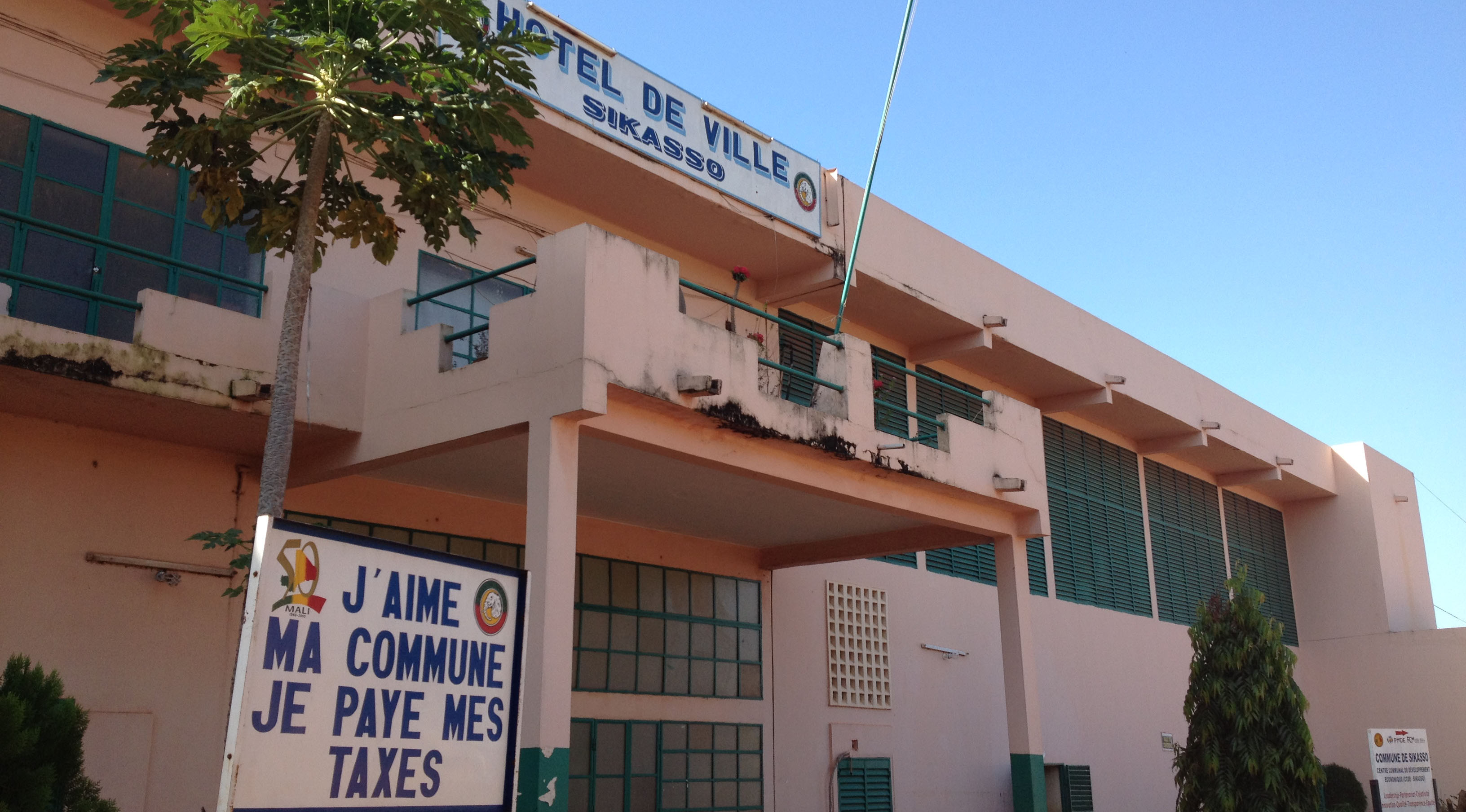Decisions on local development policy need to be embedded at local level. What sounds obvious in theory is proving to be a major challenge in reality for local governance. Indeed, the involvement of local authorities and non-governmental organizations as citizens’ representatives often proves to be insufficient.
Mali is a case in point: the decentralization process led to a shift in administrative competencies from central government to municipalities and other Malian regional bodies. In spite of the efforts made, the population’s influence on local policy has remained limited, particularly in rural areas. Elected representatives often lack access to the people they are meant to represent because of the sheer size of many municipalities or the disputed legitimacy of some politicians. For a number of years and despite the standstill following the military coup and the rebellion in the north of the country, the Malian legislator has recognized village, community and fraction leaders as intermediaries between municipalities and citizens. The integration of religious and traditional authorities or even business actors in local governance processes also raises major challenges in terms of participation, accountability, transparency or efficiency.
These issues have been analyzed as part of a learning project launched by the Swiss Agency for Development and Cooperation (SDC), facilitated by HELVETAS Swiss Intercooperation, the Institute of Development Studies (IDS) and swisspeace. This project led to the development of a framework for analyzing informal local governance institutions. Case studies on Mali, Macedonia, Tanzania and Mongolia revealed that, without the involvement of informal institutions, the implementation of sustainable and peaceful policies could prove more difficult. In Mali, as in many other places, hybrid systems may be a more constructive form of governance at local level.


